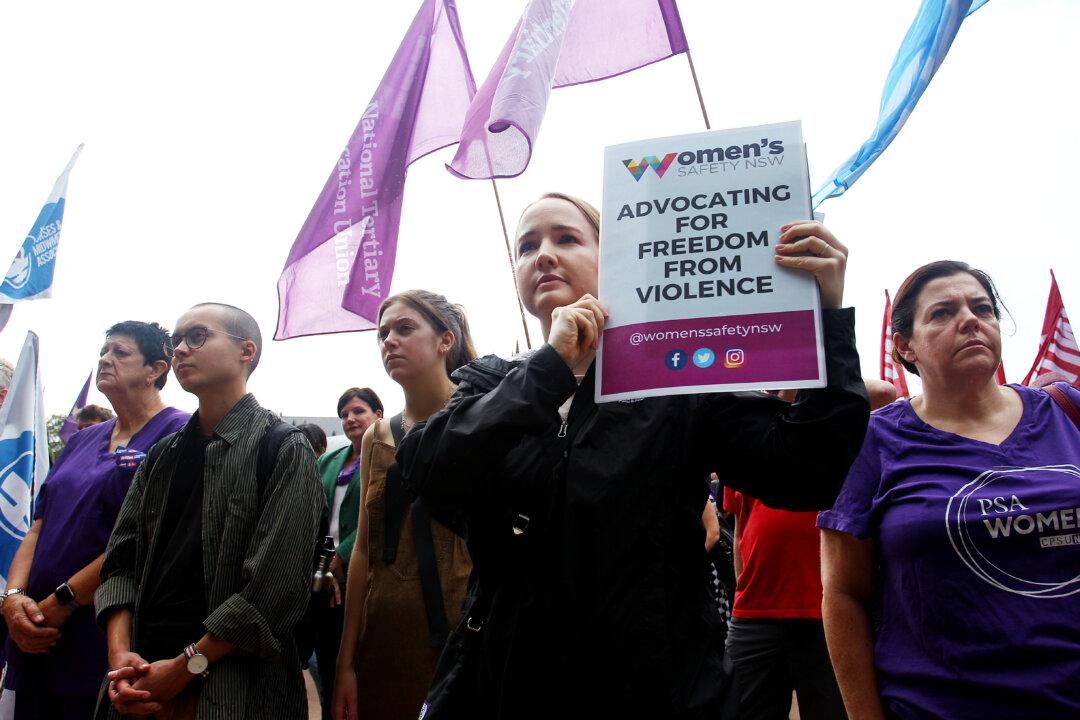“Coercive control” has now been defined as an offence under a new law being passed in the Australian state of New South Wales (NSW).
Dubbed the Coercive and Controlling Behaviour Bill 2020, the legislation creates an offence for “violent, menacing or intimidating” behaviour in a domestic relationship.




